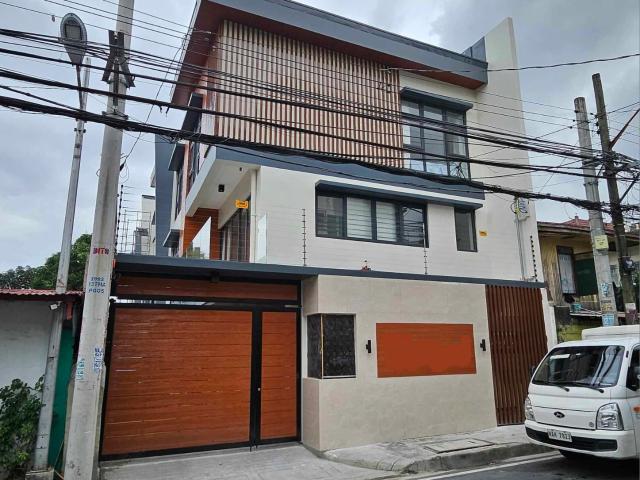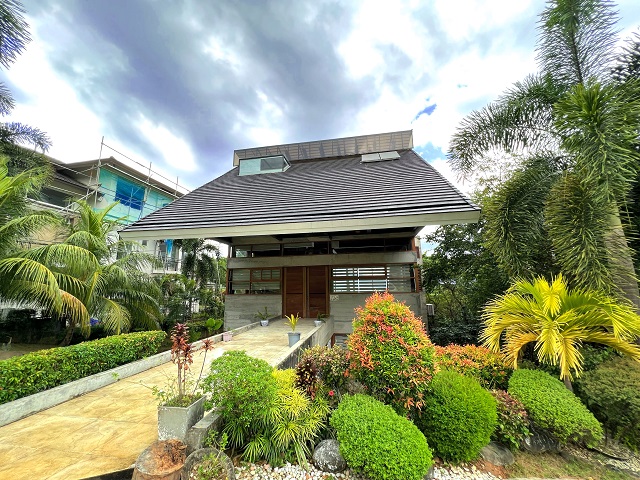Unveiling the Intricacies of Singapore’s Property Tax Landscape
Singapore’s real estate market has always been a hot topic for investors and homeowners alike. Amidst the thriving urban landscape and luxurious condominiums, understanding the nuances of property taxes becomes paramount. In this comprehensive guide, we unravel the intricacies of property taxes in Singapore, shedding light on what you need to know to navigate this aspect of real estate seamlessly.
1. Understanding the Basics: Types of Property Taxes
Singapore employs a multifaceted approach to property taxation, encompassing various taxes that homeowners and investors should be aware of:
a. Property Tax
Property tax in Singapore is a recurring tax levied on residential and non-residential properties. Calculated based on the annual value of the property, it is crucial to comprehend the assessment process and how it may impact your financial obligations.
b. Goods and Services Tax (GST)
For commercial properties, the Goods and Services Tax (GST) comes into play. This value-added tax is an additional consideration for property owners engaged in commercial activities. Understanding the GST implications is vital for those navigating the dynamic world of real estate investments. If you enjoyed this article about real estate then visit Ready Home Condominium for more interesting articles.
2. Navigating Property Tax Assessment
a. Annual Value (AV)
The cornerstone of property tax calculation is the Annual Value (AV) of your property. AV is the estimated yearly rental income a property can fetch. Delve into the intricacies of AV assessment to gain insights into how this crucial metric influences your tax liabilities.
b. Progressive Tax Rates
Singapore employs a progressive tax rate system for residential properties. The rates increase with the annual value, necessitating a keen understanding of how these rates apply to different segments of the real estate market.
3. Exemptions and Rebates
a. Owner-Occupied Properties
Owners residing in their properties enjoy a concession on property taxes. Uncover the eligibility criteria and exemptions available for those who call their property a home.
b. Vacancy Refund for Commercial Properties
Commercial property owners facing vacancies can explore the vacancy refund scheme. Understanding the intricacies of this refund can be financially advantageous for property investors dealing with temporary vacancies.

4. Key Considerations for Foreign Investors
Singapore’s property tax landscape may vary for foreign investors. Uncover the essential considerations, tax implications, and regulatory nuances that foreign individuals and corporations should be mindful of when venturing into the vibrant real estate market of Singapore.
5. Staying Informed: Resources and Updates
As with any dynamic system, staying informed is pivotal. Explore the various resources, online portals, and governmental updates that keep you abreast of the latest developments in Singapore’s property tax regulations.
Conclusion
Navigating Singapore’s property tax landscape requires a nuanced understanding of its various components. From the basics of property tax to the intricacies of assessment and exemptions, this guide aims to equip you with the knowledge needed to make informed decisions in the realm of real estate.




